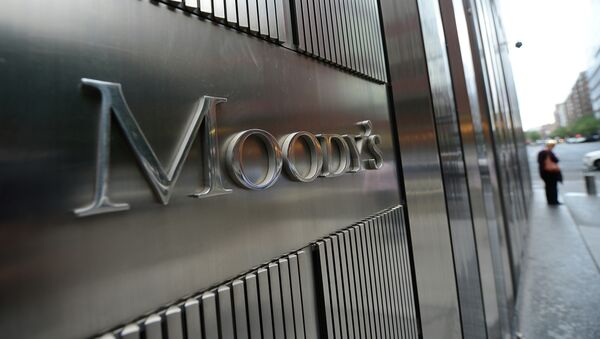Late Friday the agency cut Turkey's long term issuer and senior unsecured bond ratings to non-investment grade Ba1 from Baa3. The downgrade accounted for "the risks related to the country's sizeable external funding requirements and the weakening in previously supportive credit fundamentals."
"The risk of a sudden, disruptive reversal in foreign capital flows, a more rapid fall in reserves and, in a worst-case scenario, a balance of payments crisis has increased," Moody's said in an email statement.
The agency expects further deterioration in the country's credit rating over the next two to three years. "More recently, the government's response to the unsuccessful coup attempt raises further concerns regarding the predictability and effectiveness of government policy and the rule of law going forward. This has consequences for both institutional and economic strength," it stated.
However, senior Turkish officials criticized the downgrade by Moody's. Turkish Prime Minister Binali Yıldırım said Saturday, "We don't believe these assessments are impartial. We believe they are attempting to create a certain perception of the Turkish economy."
"The Turkish economy grew 3.9 percent in the first half of the year, although the global economy has slowed down. At the same time, our current account deficit declined and our budget gave a surplus while many other economies posted a budget deficit," the country's Economic Minister Nihat Zeybekci wrote on Twitter following Moody's conclusion.
"We will continue to make reforms that will improve the business climate by maintaining our political stability and market-friendly approach," he said.




